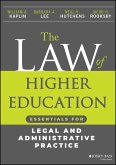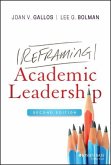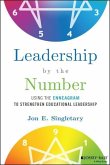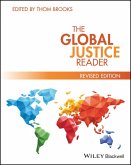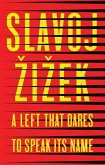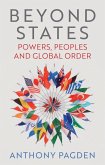THE ABSENCE OF SOULWARE IN HIGHER EDUCATION
The book offers an analytical account of higher education in Taiwan, Hong Kong and Mainland China with examples of best practices from higher education in the US for guidance.
This book is Professor Way Kuo's attempt to address issues that remain to be challenges for universities in the globalized 21 Century, namely academic autonomy and freedom, seamless integration between research and teaching, curricula update, innovative and problem-driven research, and adopting best global practices, based on his reflections about higher education from a global perspective through his personal experience as a senior academic leader in the US and Hong Kong. Borrowing from the languages of computer science, this book not only talks about the hardware and software in higher education, which refer to the infrastructure and the physical entities that provide an environment conducive to good teaching and research, it also highlights the importance of a third category for achieving great success: the presence of a certain mindset, a willingness to embrace due process and follow international standards and procedures or a vision in making the best use of the hardware and software to spearhead innovation in combining teaching and research for the benefit of students and the well-being of society. Such a mindset is called the soulware of higher education. Specifically, this book:
_ Covers four key areas where a lack of proper soulware or mindset is deterring the advancement of higher education: internationalization; seamless integration of teaching and research; quality and evaluation; and creativity and innovation;
_ The author's arguments are factual and comments are critical on what is perceived to be less desirable or a failure in higher education;
_ The book offers useful insights into the future and a global perspective on trends, challenges, and opportunities in higher education.
Audience
Educators, policymakers, higher education providers and administrators, global stakeholders of higher education including students and parents, and the general public in both the East and the West who have an interest in global higher education.
Hinweis: Dieser Artikel kann nur an eine deutsche Lieferadresse ausgeliefert werden.
The book offers an analytical account of higher education in Taiwan, Hong Kong and Mainland China with examples of best practices from higher education in the US for guidance.
This book is Professor Way Kuo's attempt to address issues that remain to be challenges for universities in the globalized 21 Century, namely academic autonomy and freedom, seamless integration between research and teaching, curricula update, innovative and problem-driven research, and adopting best global practices, based on his reflections about higher education from a global perspective through his personal experience as a senior academic leader in the US and Hong Kong. Borrowing from the languages of computer science, this book not only talks about the hardware and software in higher education, which refer to the infrastructure and the physical entities that provide an environment conducive to good teaching and research, it also highlights the importance of a third category for achieving great success: the presence of a certain mindset, a willingness to embrace due process and follow international standards and procedures or a vision in making the best use of the hardware and software to spearhead innovation in combining teaching and research for the benefit of students and the well-being of society. Such a mindset is called the soulware of higher education. Specifically, this book:
_ Covers four key areas where a lack of proper soulware or mindset is deterring the advancement of higher education: internationalization; seamless integration of teaching and research; quality and evaluation; and creativity and innovation;
_ The author's arguments are factual and comments are critical on what is perceived to be less desirable or a failure in higher education;
_ The book offers useful insights into the future and a global perspective on trends, challenges, and opportunities in higher education.
Audience
Educators, policymakers, higher education providers and administrators, global stakeholders of higher education including students and parents, and the general public in both the East and the West who have an interest in global higher education.
Hinweis: Dieser Artikel kann nur an eine deutsche Lieferadresse ausgeliefert werden.


